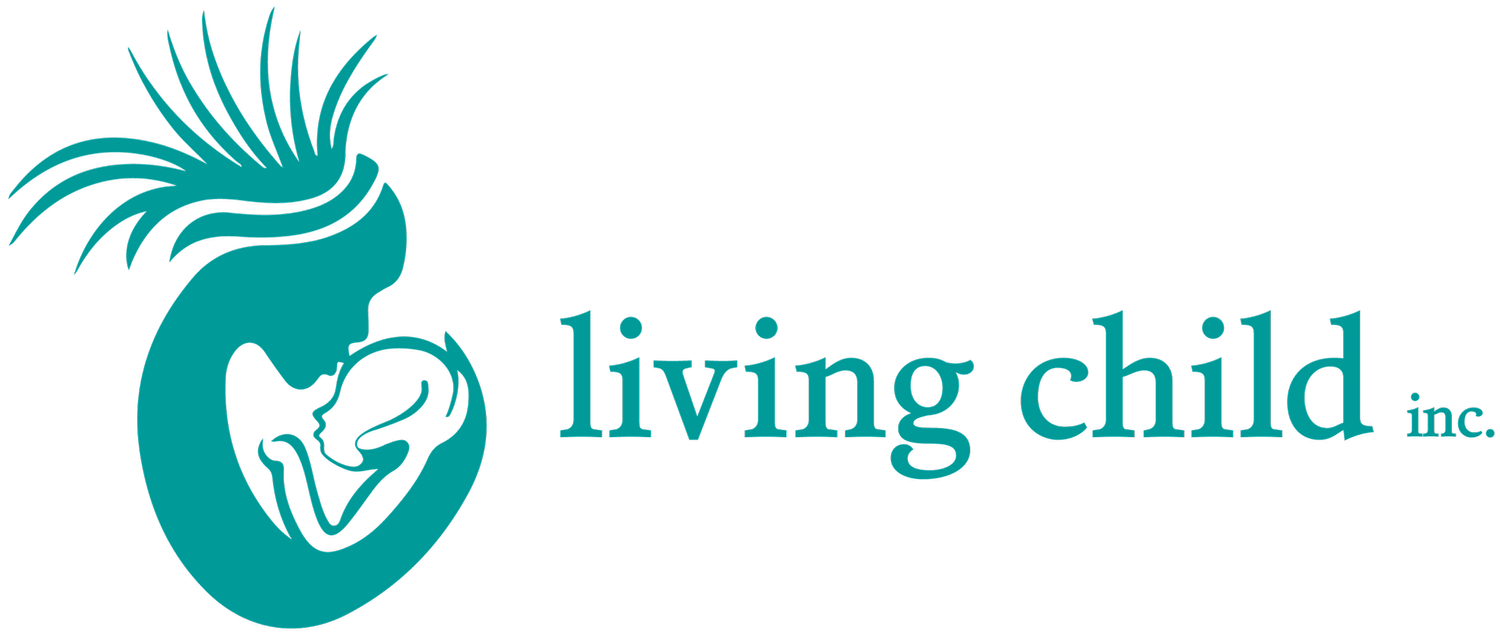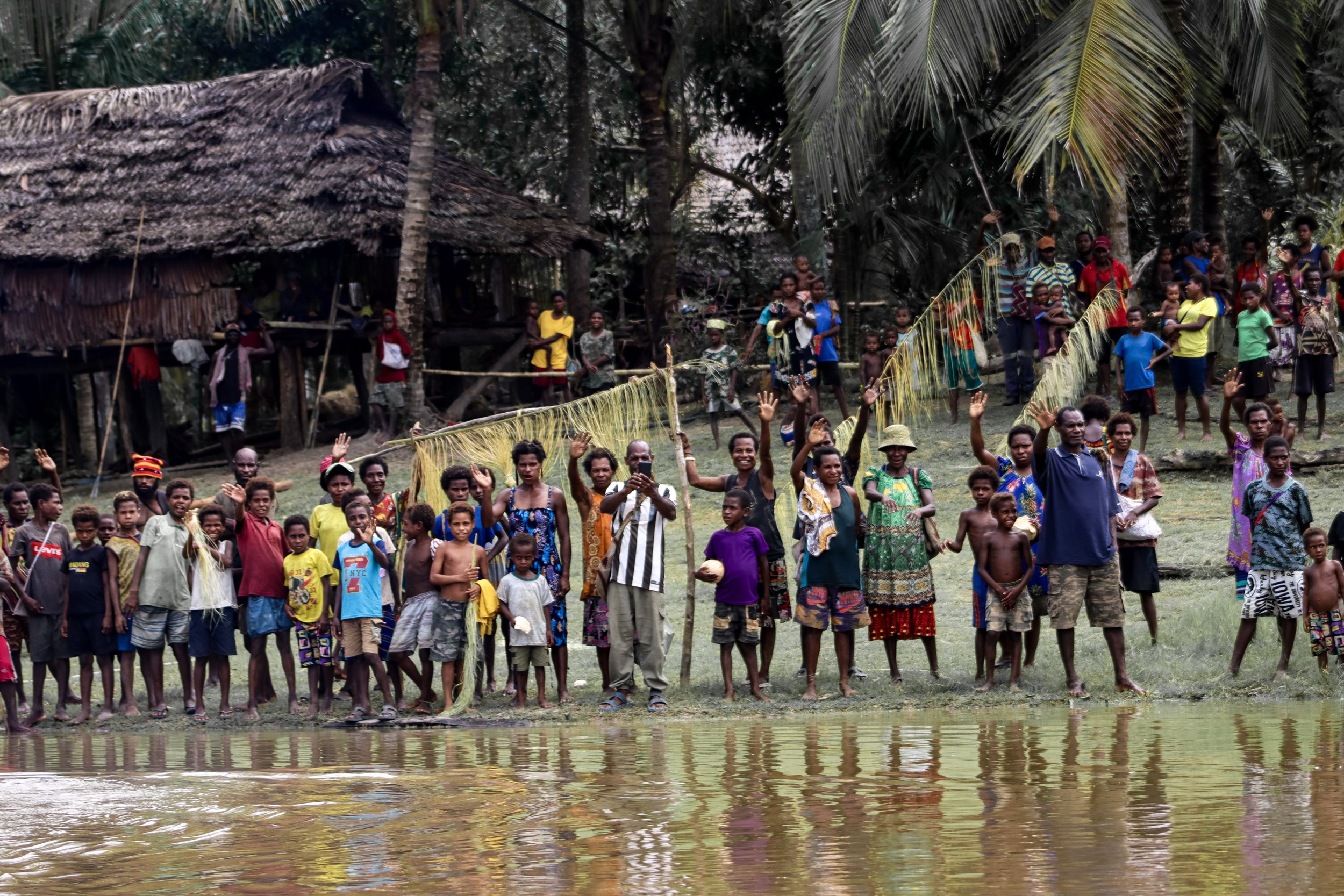
healthy families, strong communities program
Living Child PNG (LCPNG) has been successfully implementing the Healthy Islands Concept (HIC) using the Care Groups model for the past five years. This concept focuses on community-driven engagement, planning, and monitoring, designed specifically for the Pacific Islands. Over time, LCPNG has seen significant improvements in areas where there are no government services and no telecommunications, with communities taking charge of health behaviour changes and making lifestyle adjustments to improve health outcomes.
With the support of Care Group Leaders embedded within the communities, local female volunteers work together to define their vision for a "healthy community" and track the progress of their plans. It is essential that women are supported and valued in the community for the program to be successful. Key achievements of this model include high levels of community involvement, ownership, and accountability, as well as substantial progress in improving hygiene and overall health outcomes within the targeted areas.
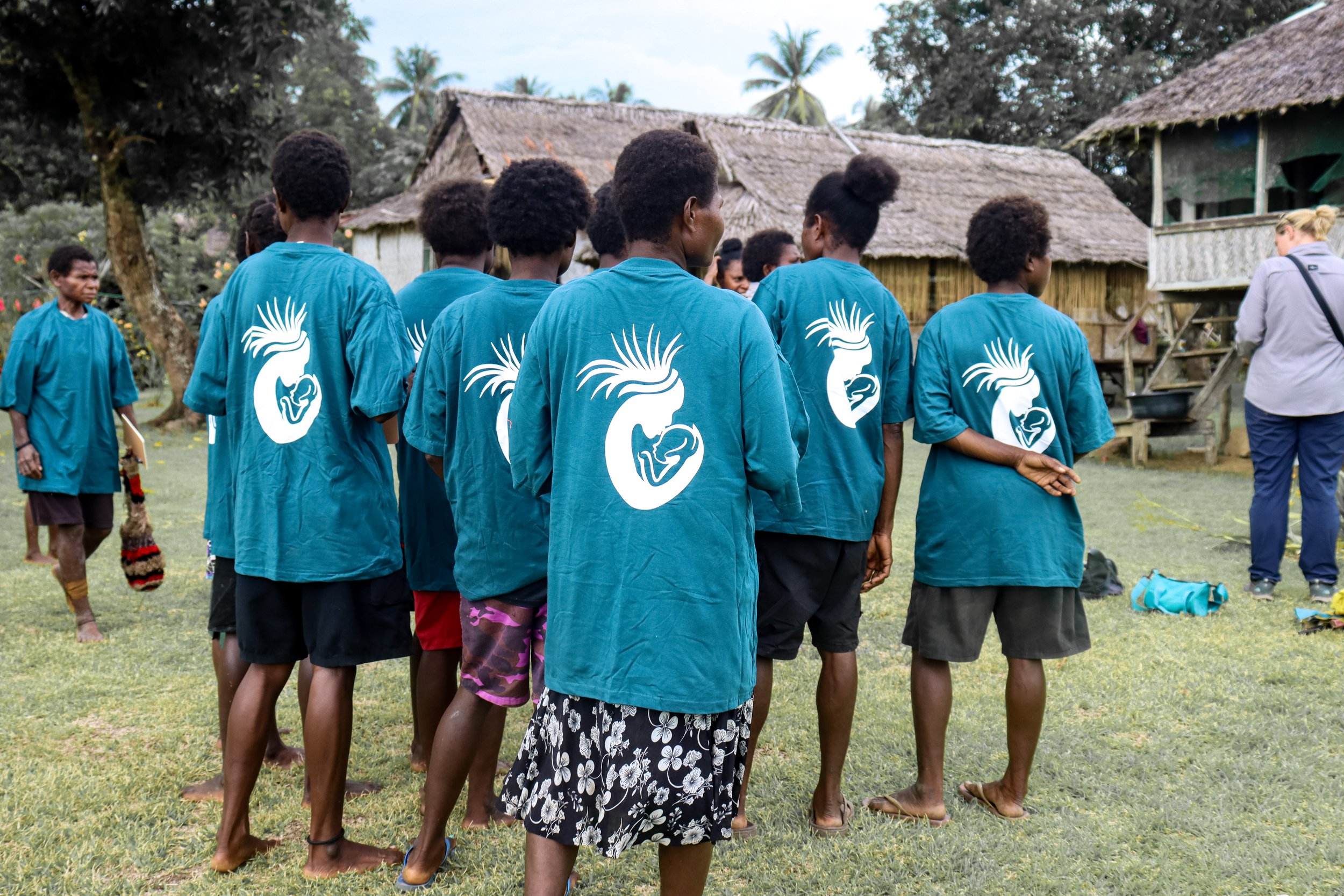
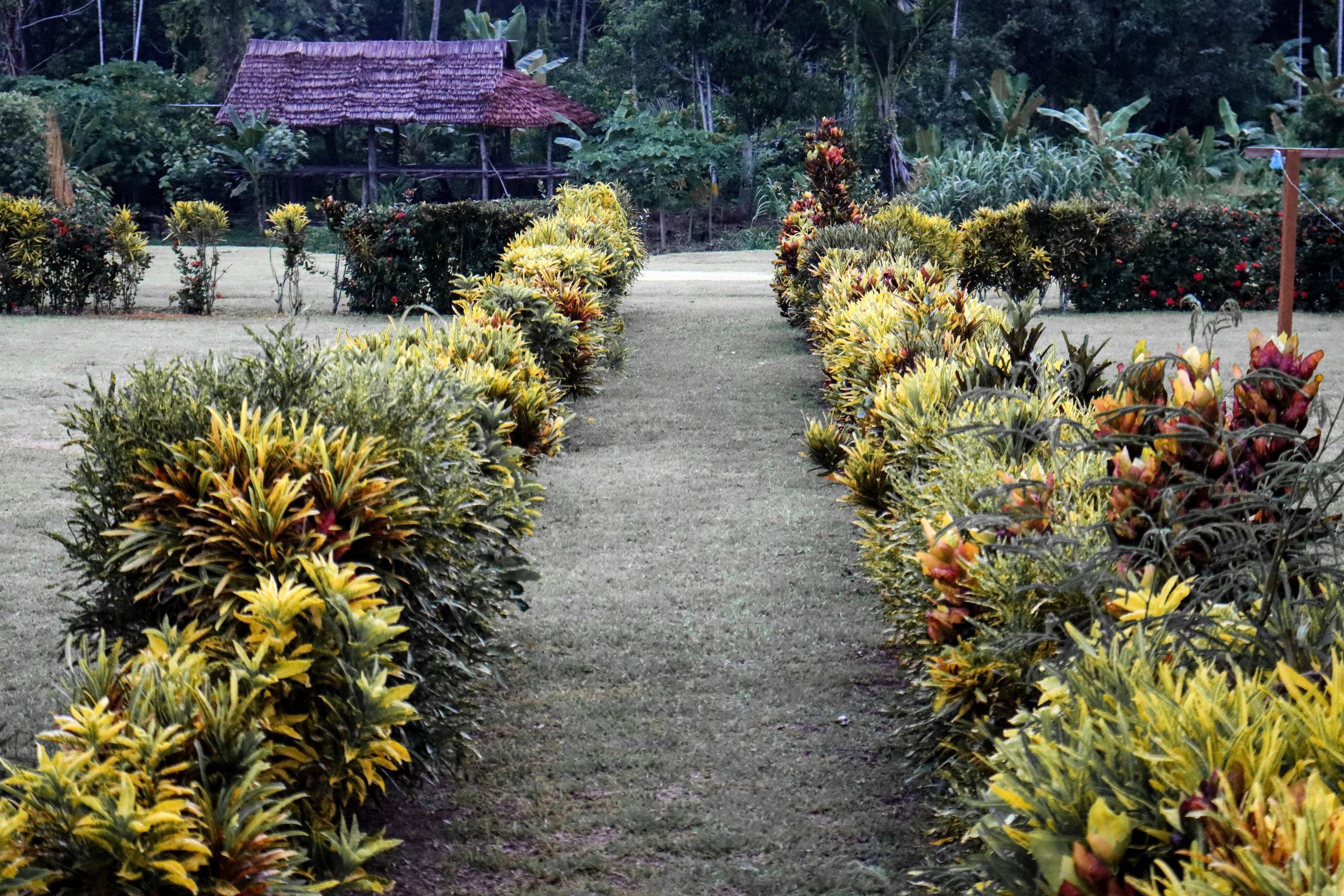
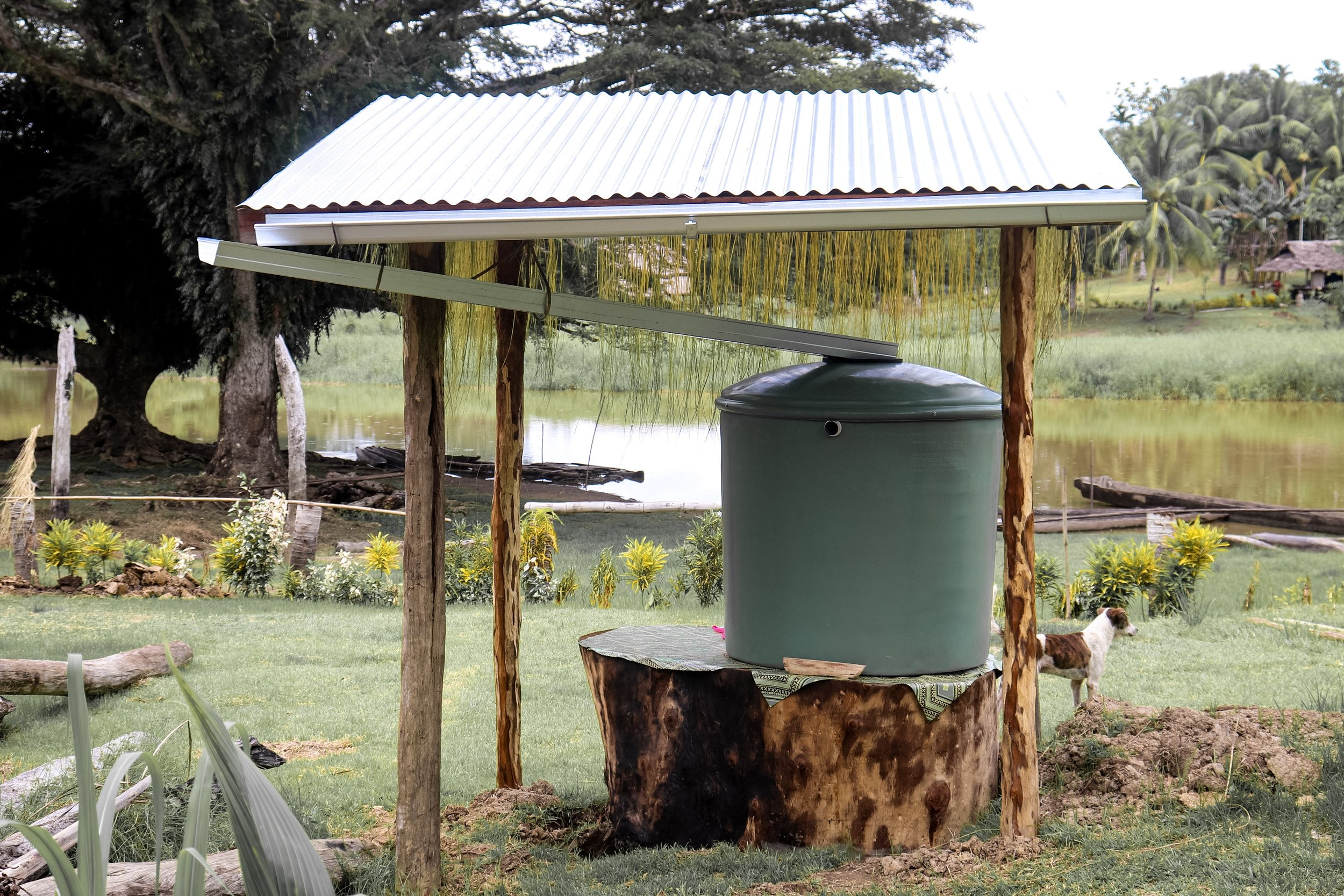
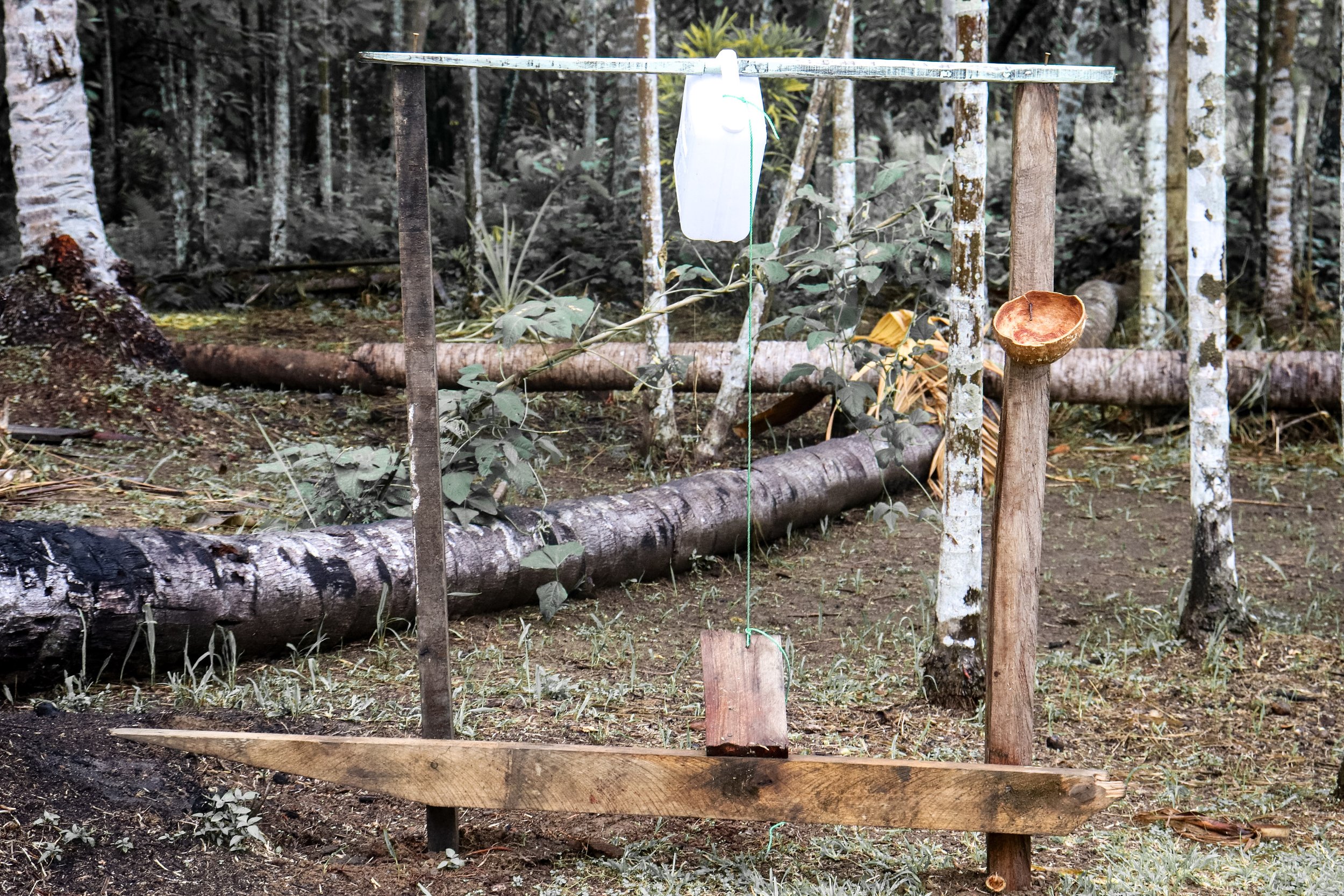


looking ahead
LCPNG is focused on expanding our program in both reach and content. We hope to be able to introduce our pre-existing program to new areas that request a partnership with us, providing them with:
Training and support to implement the Care Groups model to ensure every household can be reached by Healthy Islands education and resources
Training for their Village Birth Attendants and Village Health Volunteers
Essential resources to enable them to live a safe, healthy life, such as solar power, infrastructure development, clean birth kits, reusable menstrual hygiene kits, water tanks, tippy taps and culturally-appropriate, high-quality educational flipcharts
In future, we aim to develop a broader range of modules into flipcharts based on issues identified by the community, such as: Resilience, Safety & Disaster Preparedness, Early Childhood Education, Law and Order, and General Health.
We recognise and acknowledge that many partners are involved in the practical application of these programs, and are always seeking to strengthen our partnerships in the region, including with other NGOs and Provincial Health Authorities.
can you help us? donate now!
phase 1
-
The program is introduced by a member of LCPNG. The village is divided into clusters (1 cluster = 8-10 households). Each cluster is led by a volunteer.
-
Volunteers guide their clusters in a range of clean-up activities, including:
Cutting the long grass
Fencing and planting flower lines for boundaries
Digging holes for rubbish (Malai Hole)
Installing laundry lines
Building toilets/latrines
-
LCPNG supply water tanks, tippy taps and reusable menstrual hygiene kits. Clusters co-contribute towards roofing iron for their water tank.
LCPNG introduce three educational flipcharts and audio devices to volunteers, who will use them to teach their clusters about:
Hand-washing
Nutrition
Breastfeeding and infant nutrition
phase 2
-
LCPNG supports communities to access solar power solutions, and upgrade their community buildings (churches, community centres, aid posts, schools).
-
LCPNG will introduce three educational flipcharts and audio devices to volunteers, who will use them to teach their clusters about:
Disaster preparedness
Basic first aid
Resilience and mental health
Barriers to Success in Rural, Remote Locations
Implementing health and community programs in rural, remote locations along the Sepik River, presents significant challenges. The lack of established health facilities and limited transport options - often only accessible by boat - creates logistical barriers to reaching these communities. Extreme environmental conditions further complicate efforts, with frequent flooding, difficult terrain, and isolation impeding progress.
The lack of accessible health and education services limits opportunities outreach and support, making it difficult to promote key health initiatives and behaviour changes. The cost of fuel for transportation is a major financial strain, affecting the delivery of essential resources and the ability to maintain oversight by trained health workers.
Additionally, while local volunteers play a crucial role in program success, sustaining and supporting them is a challenge. These volunteers often lack consistent access to training, compensation, and necessary resources. The cost of resourcing the communities with essential supplies adds another layer of financial strain. The high ongoing cost of providing oversight through trained health workers and international volunteers - who must navigate travel limitations and logistical hurdles - further exacerbates the challenges.
Despite these barriers, Living Child remains committed to overcoming these challenges by strengthening local partnerships, mobilising resources, and developing innovative solutions to improve health outcomes in the region.
Our team have many years of experience running transformative health and community development programs in rural PNG. We would be pleased to hear from any organisation interested in support for their programs, access to resources, or virtual/face-to-face workshops in all areas of PNG.
Our Country Director, Ruth Injo, is a highly qualified public health professional, with Bachelor and Master’s degrees in Public Health, and is available to consult to your organisation on health promotion initiatives. Ruth can be reached via ruth@livingchildinc.org.au.
Our wider team across Australia and Papua New Guinea are also available for consultation, and together possess a diverse skillset, including project management, logistics coordination, community education, graphic design, maternal health training and security/risk assessment (in partnership with EXAS Group). We believe that sharing our knowledge, experience and expertise is a critical part of improving outcomes for rural/remote communities and we are confident in our capacity to assist your organisation in finding solutions to complex problems.
